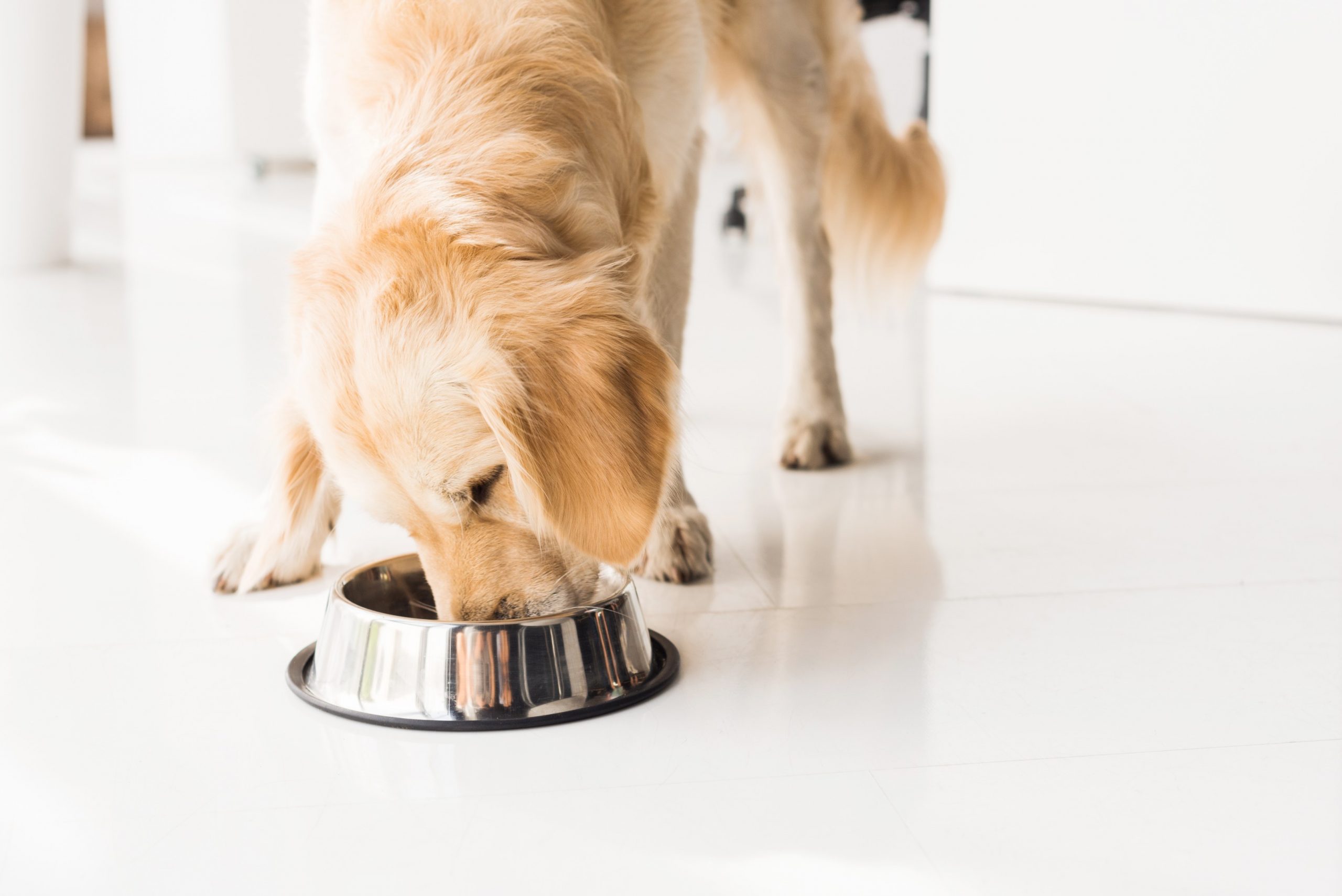Grain-Free Diets and Cardiac Disease in Dogs
Whether it’s to look better, live longer, reduce certain symptoms, or all of the above, we humans love our fad diets. Trends such as paleo, vegan, low-carb, raw food, carnivore diet, and many more infiltrate our everyday lives, so it’s no surprise the pet care industry has followed suit. After all, we want the best for our pets, and that includes providing them with the nutrition we feel is best.
However, these dietary trends have led to some unintended (and nasty) consequences for pets. Cardiac disease in dogs who are fed a grain-free diet is one such unfortunate effect.
Why Grain-Free?
There are plenty of strong feelings when it comes to feeding a grain-free diet to dogs. One of the most commonly cited arguments is that dogs didn’t evolve eating cultivated grains such as corn, so they shouldn’t be eating them now. While it’s true that early dogs didn’t have access to grains, genetic mapping has revealed that dogs possess several genes that allow for the complete absorption of grain products. Dogs, like people, are true omnivores.
For many pet owners, the concern over food allergies is another reason to adopt a grain-free lifestyle. While food allergies are certainly a concern for some pets, proteins (such as beef, pork, and soy) are the most common triggers of an allergic reaction. If you’re concerned about food allergies in your pet, your veterinarian can help you determine the source of your pet’s symptoms.
Cardiac Disease in Dogs
An FDA report published in 2018 linked certain cases of canine dilated cardiomyopathy (DCM) to exclusively grain-free diets that included peas, lentils, other legumes, and potatoes as some of the main ingredients. DCM is a disease of the heart muscle that results in weakened contractions, poor pumping ability, and an enlarged heart. It can ultimately result in congestive heart failure.
The report was alarming due to the fact that DCM is occurring more frequently in breeds that aren’t genetically predisposed to the disease, such as golden retrievers, labrador retrievers, and whippets. Reports indicated that affected dogs were fed boutique, grain-free diets (either commercial or prepared at home) for a period of months to years.
The Right Stuff
As confusing as this brave new world of pet food can be, it’s important to remember the team at Sunrise Boulevard Animal Hospital is here for you. Your veterinarian should be your first resource when it comes to finding the right diet for your furry loved one. We can work with you to develop a nutritional plan that meets the specific needs of your pet. Please give us a call to schedule a consultation!

